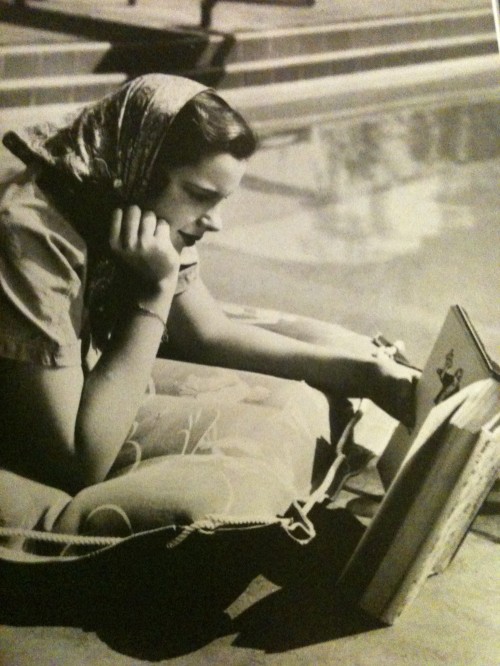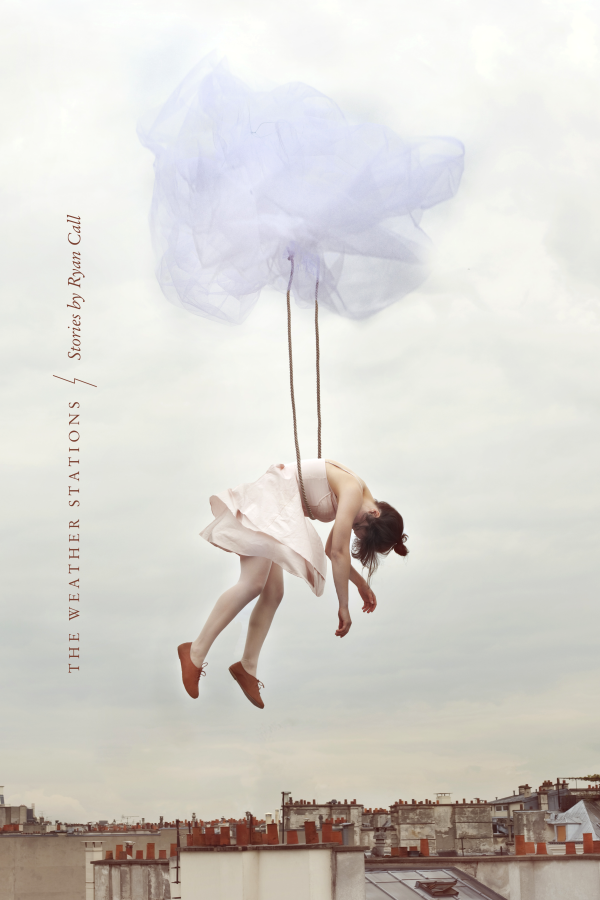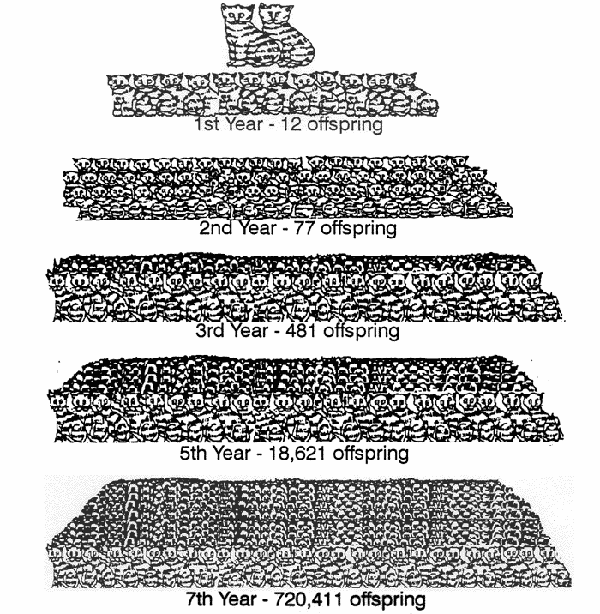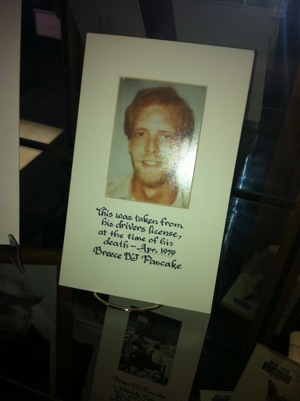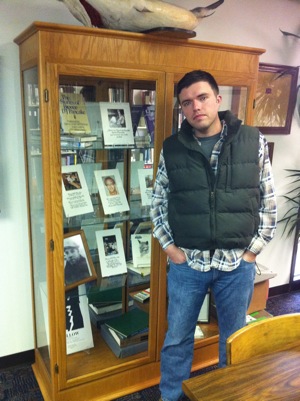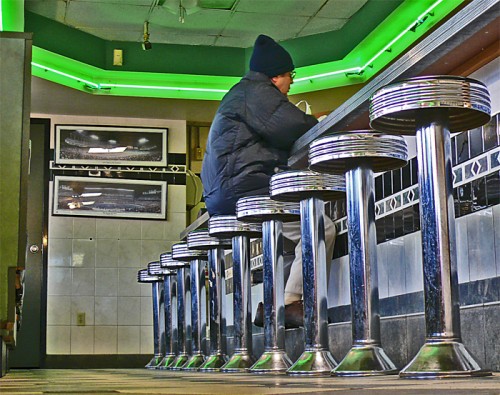
Instead of doing a gotcha search on Twain’s “Huckleberry Finn,” I recommend that its critics read it. They will find that Twain’s Jim has more depth than the parade of black male characters that one finds in recent movies, theater and literature, who are little more than lethal props. Jim is self sufficient, capable of fending for himself amidst dire circumstances, cares about his family, is religious and has goals. He is one of the few characters in the book with any kind of integrity.
In a time when blacks were considered by some to be little more than brutes, Twain has blacks communicating with one another through complicated codes while the whites commit such violence against the slaves and each other that the feuding between two families is such that only a few male members remain. Twain uses the same aggressive satire to expose the hypocrisy of the slave owners.
The fact that a critic has taken to tampering with Twain’s great work is another sign that the atavistic philistinism that has taken hold of our politics and culture has found a place in academia.
Read the rest at the Wall Street Journal (which has suddenly become a friend of literature in the last two years. Who would have thought the Wall Street Journal would be running pieces by Ishmael Reed? It’s a thing worth celebrating.)

